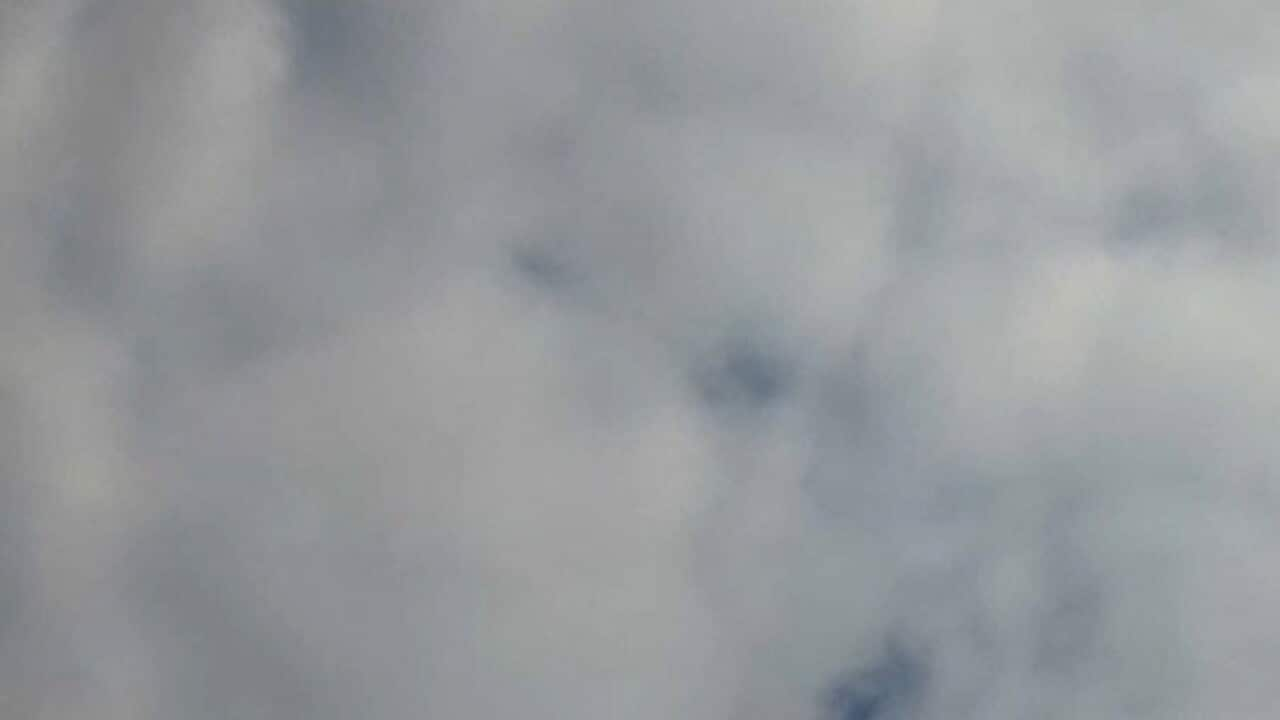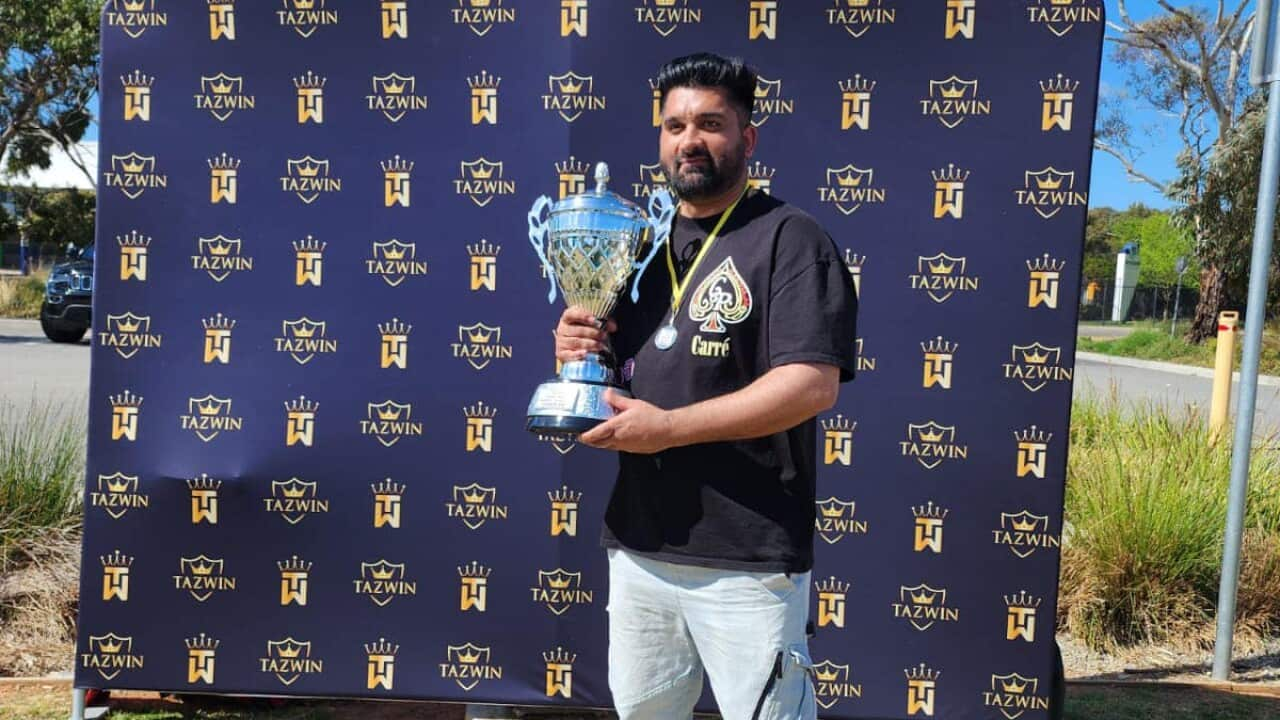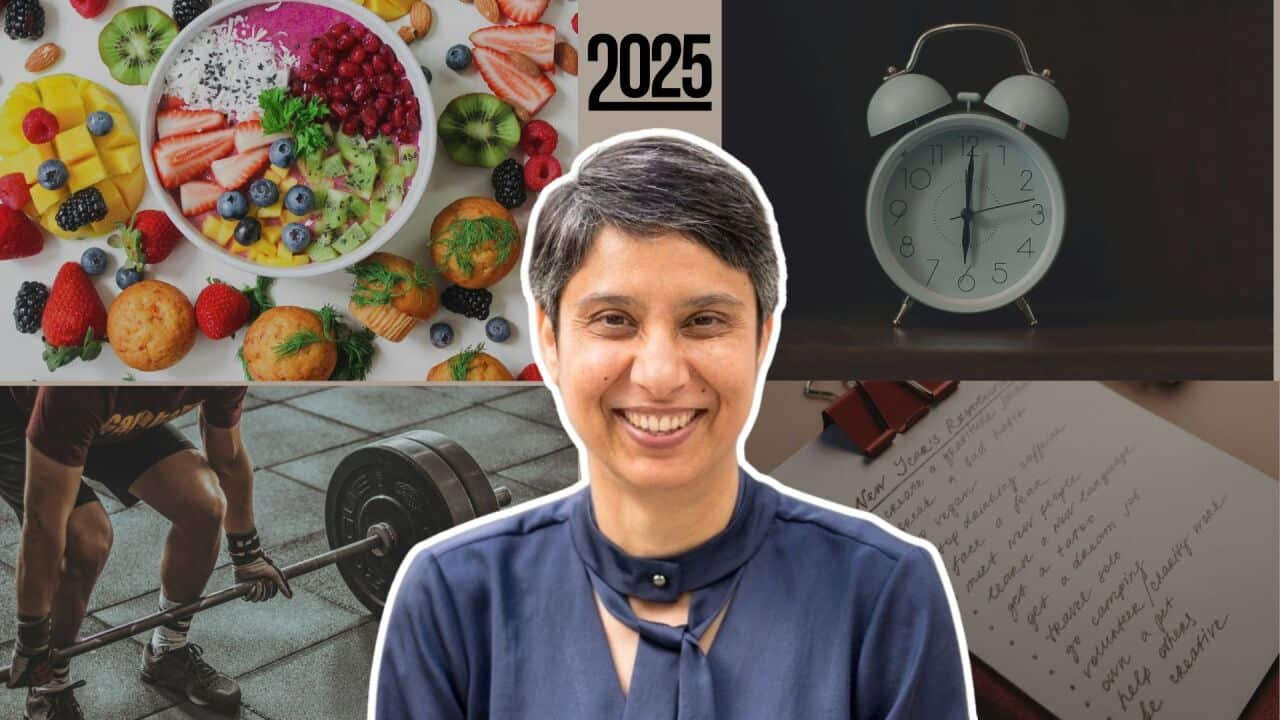The coronavirus is without a doubt the health crisis of the year, but the pandemic got in the way of much more than weddings and holidays. Lotta Sylwander, UNICEF's representative in Ukraine, says health officials in that country are concerned about childhood measles. She says only 28 per cent of children have been vaccinated this year even though in 2019, Ukraine was the European country hardest-hit by measles.
Another childhood vaccination program set back by COVID-19 was Pakistan's campaign to eradicate polio. Cholera, yellow fever and meningitis inoculation programs are also among those delayed, with children in war zones particularly at risk.
Save the Children CEO Paul Ronald says the spread of preventable diseases due to missed vaccinations can have a negative impact on global health security.
"Two thirds of the world's un-immunised children live in conflict zones, and that's having a really dramatic impact on those children's health but also on global health security."
However, increased funding and focus on research this year helped humans get to know their genes better.
The Nobel prize for chemistry went to Emmanuelle Charpentier and Jennifer A. Doudna for their discovery of genome-editing technology. The technology has allowed for the expansion of genome modification of crop plants, such as rice and wheat. It's made its way into clinical treating of human disease, with the first clinical trials for reprogramming human blood cells to fight otherwise untreatable cancers conducted this year.
Breakthroughs in genetics are also helping the fight against Alzheimer's disease, the most common form of dementia. Scientists in Sweden have come up with an experimental blood test, which is so far proving useful in distinguishing people with and without the disease. It will hopefully pave the way for for a reliable method general practitioners can use to diagnose this form of dementia in the future, but researchers are warning more work needs to be done.
Taking to the sky this year were drones. Once used for covert military operations, the technology is now a tool medical scientists are using to improve healthcare. Project 'Detect' is using drones on the front line against malaria, a mosquito-borne disease responsible for around 400,000 deaths a year. Flying across the Berlin skyline, there are drones being used by German laboratories to reduce the time it takes to send coronavirus tests across the city, completely skipping peak hour traffic.
To hear the full report click on the audio link above.
People in Australia must stay at least 1.5 metres away from others.
Testing for coronavirus is now widely available across Australia. If you are experiencing cold or flu symptoms, arrange a test by calling your doctor or contact the Coronavirus Health Information Hotline on 1800 020 080.
The federal government's coronavirus tracing app COVIDSafe is available for download from your phone's app store.
The federal government's coronavirus tracing app COVIDSafe is available for download from your phone's app store.
SBS is committed to informing Australia’s diverse communities about the latest COVID-19 developments. News and information is available in 63 languages at




